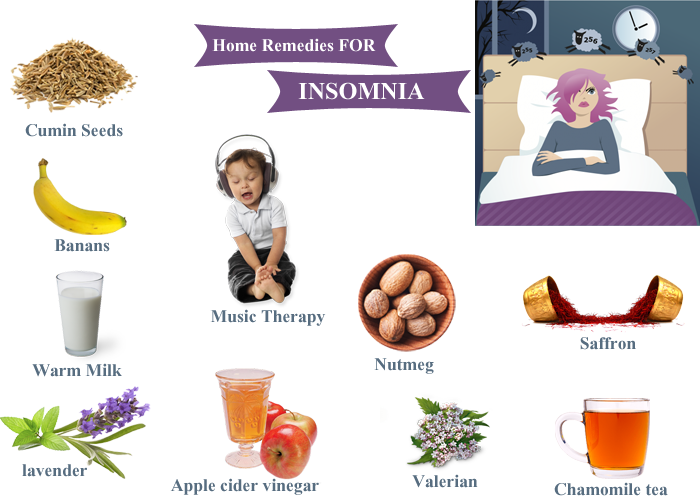
Healthy sleeping habits can make a lot of difference in your health and quality of life. Try out these healthy sleeping habits for good sleep.
(1.) Power down Devices
The harsh or sometimes soft glow from your gadgets like your tablet or cell phone may distract you and disturb your sleep.
Tip: Turn off computers, TVs, and other light sources a few hours before bedtime. Also, you should turn down your gadgets‘ backlight to the minimum so the brightness and cover any displays such as a glowing bedside clock that you can’t shut off.
(2.) Take Naps
You should take a few minutes like 15 to 20 minutes during the day and take a little nap. It will help you sleep better at night. However, you should make such naps short and in the early hours of the day. You’ll rest better at night.
Tip: Do not take these naps too close to your bedtime or it could disturb your sleep. If you are feeling sleepy during the late afternoon you can overcome it by taking a short walk drinking a glass of ice cold water or even make a phone call to a friend.
(3.) Make Your Neck Comfortable
If you always wake up tired and with a stiff neck, then it is time to change your pillow. Your neck should be comfortable for you to get uninterrupted good night’s sleep. You should try cooling pillows because they are incredibly comfortable and have a variety of textures and sizes you could choose from. Choosing the perfect pillow is important for getting a good night’s sleep. Your pillow should be just the right size — not too flat or fat
Tip: Choose the perfect texture and size of cooling pillows and position your neck comfortably when you sleep to avoid strains and pain in the morning.
(4.) Set Your Body Clock
You should have a sleeping schedule or routine that is not to be disturbed. Go to sleep and wake up at approximately the same time every day, including on weekends. This helps to regulate your body’s clock and could help you fall asleep and stay asleep for the night. This routine will get your brain and body used to a sleeping-waking schedule that ensures you get a good night’s sleep.
Tip: Limit your bright light exposure minutes or a few hours before your bedtime. Also, make sure to get out into bright light when you wake up to get you going and don’t sleep in during the weekend.
(5.) Eat Right
Don’t eat heavy foods, big meals or drinks with caffeine too late. They could disrupt your system and affect how well you sleep. Have a light evening snack of cereal with milk or crackers and cheese instead.
Tip: Finish eating and avoid caffeine in foods and drinks few hours before bedtime. Take note that some weight loss pills and pain relievers contain caffeine. Tobacco has nicotine, a stimulant which can keep you from falling asleep and make insomnia worse, so you should avoid that too

